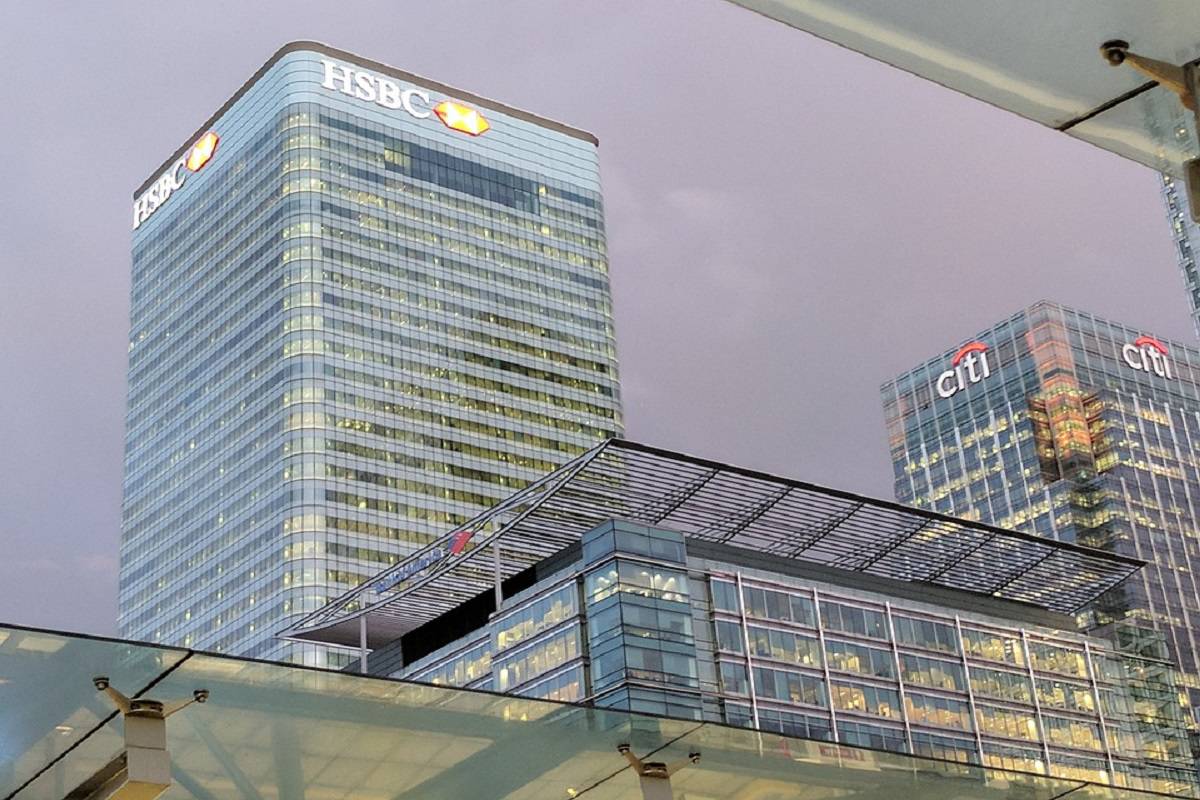HSBC managed to stop the attempt of the largest shareholder of this financial institution to divide the bank during the annual general meeting, which rarely takes place in an atmosphere of goodwill and absolute peacefulness.

Source: Pixabay.com
The Chinese insurer Ping An has been making efforts for more than a year to divide the financial institution, which in fact means its abolition in the current configuration. Last Friday, May 5, this shareholder failed to receive support from other investors who voted to reject the proposal for a division.
Mark Tucker, Chairman of the Board of HSBC, said that the debate had drawn a line under the long-standing discussions about the structure of the financial institution and its possible transformation.
HSBC is headquartered in London. At the same time, the vast majority of profits are accounted for in Asia. Ping An, which owns 8% of the lender’s shares, insists on the need for independent functioning of the Asian business. The shareholder says that the profitable operations of a financial institution in Asia subsidize other branches, the results of which are at a lower level. Also, the initiator of dividing the bank claims that the solution proposed by him would free the lender from the need to comply with the requirements of British regulators.
Ping An and Ken Lui, private shareholders of HSBC from Hong Kong, needed to get 75% of all votes cast at the general meeting of shareholders in order for the implementation of the separation proposal to begin. But no major institutional investor supported this initiative.
Mr. Tucker expressed the opinion that the dividing of a financial institution will negatively affect the lender’s global development strategy and will become a risky process that requires significant costs. He also noted that this plan does not meet the interests of shareholders.
The general meeting of shareholders in Birmingham, held on May 5, was interrupted by climate change activists, according to whom, HSBC had insufficiently reduced funding for industries and enterprises that pollute the environment.
The initiators of the dividing of the bank intend to continue their efforts in this direction. They plan to put pressure on the management of the financial institution and lobby for the interests of the lender’s small shareholders in Hong Kong.
Ping An is partly owned by the Chinese state. This circumstance indicates a high probability that the actions of the shareholder are equally conditioned by both the interests of investors and the political goals of the Chinese leadership.
Steve Vickers, a corporate risk consultant from Hong Kong, says there is a gap between HSBC’s center of gravity in this region and its subordination to regulatory authorities in the UK. In his opinion, this state of affairs is a historical accident and a relic of the colonial era.
As we have reported earlier, HSBC Announces Increase in Profits from Purchase of Silicon Valley Bank’s UK Business.









